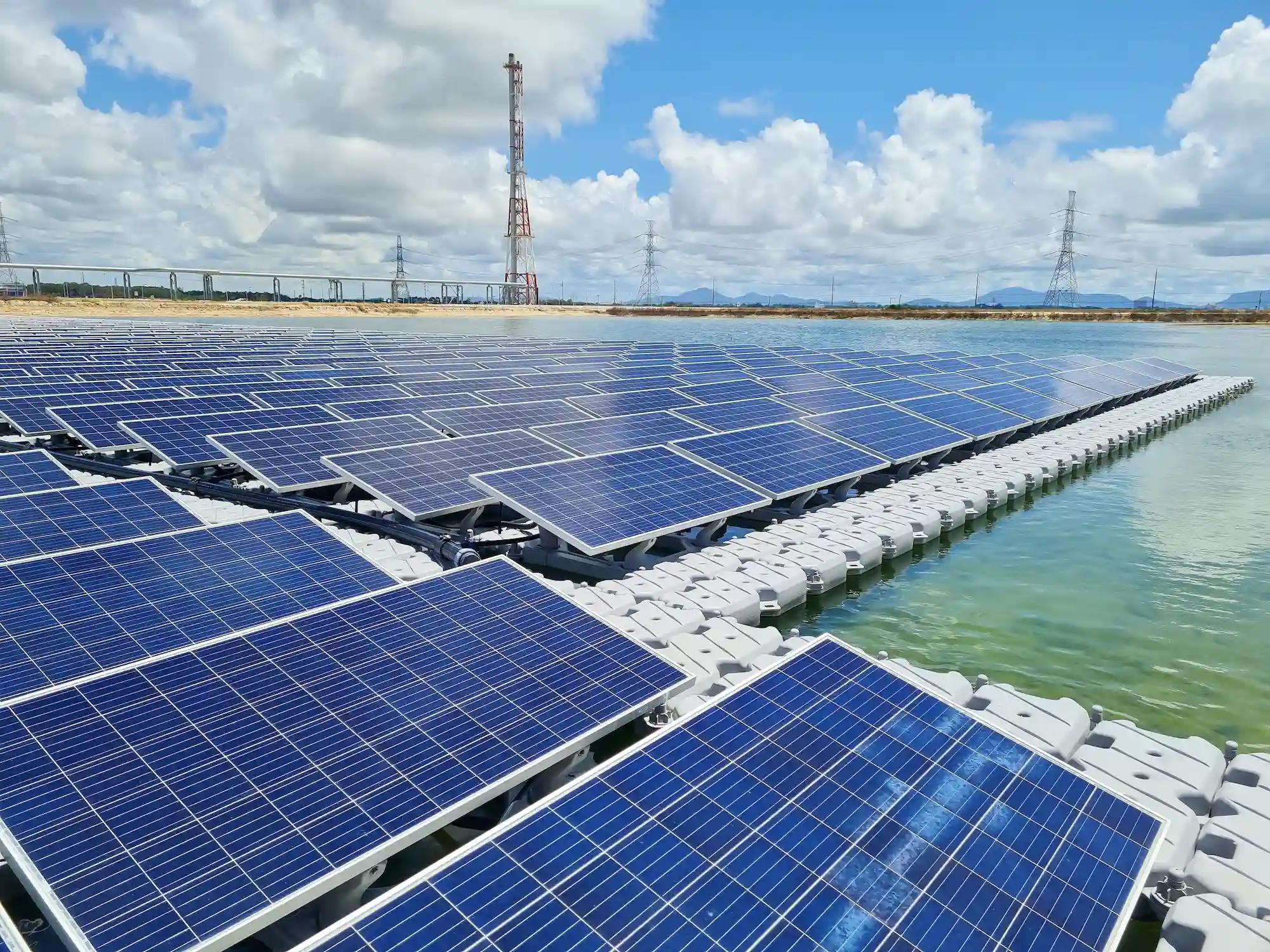Floaters In Pee When Pregnant: What’s Going On Down There?
So, you're pregnant and now you're noticing something weird in your pee. Floaters, chunks, or particles—what’s the deal? If you’ve ever wondered why there are floaters in pee when pregnant, you’re not alone. This is a common concern for many expecting moms, and we’re here to break it down for you. Whether you're experiencing it for the first time or just curious about what’s normal, this article will guide you through everything you need to know about floaters in pee during pregnancy.
Pregnancy brings a whirlwind of changes to your body, and sometimes those changes show up in unexpected ways—like in your urine. While it’s completely normal to experience some oddities during pregnancy, floaters in pee can be alarming if you don’t know what they are. Don’t panic just yet! We’ll cover everything from what these floaters could mean to when you should call your doctor.
Our goal is to give you peace of mind and help you understand what’s happening with your body. By the end of this article, you’ll have all the info you need to feel confident about your health and your baby’s well-being. Let’s dive in!
- Jenny Tolmans Dream Wedding Wyoming Nuptials New Music
- Olivia Peet The Untold Story Behind Ludvig Abergs Partner
Table of Contents
- What Are Floaters in Pee?
- Pregnancy-Related Changes in Urine
- Common Causes of Floaters in Pee During Pregnancy
- Dehydration and Its Role
- Urinary Tract Infections: A Possible Culprit
- Protein in Urine
- When Should You Worry?
- Managing Floaters in Pee
- Preventing Floaters in Pee
- Final Thoughts
What Are Floaters in Pee?
Alright, let’s get down to basics. Floaters in pee are those little particles, chunks, or cloudy substances that you might notice when you go to the bathroom. They can range from tiny specks to larger clumps, and their appearance can vary depending on what’s causing them. These floaters could be harmless, or they might indicate something that needs attention.
During pregnancy, your body undergoes a ton of hormonal and physiological changes, and these changes can affect your urine. For instance, increased levels of progesterone and estrogen can alter the way your kidneys and bladder function. This might lead to changes in the color, smell, or even the consistency of your pee. But hey, don’t freak out just yet. Let’s explore what’s really going on.
Why Do Floaters Appear?
Floaters can appear for a variety of reasons. Sometimes, they’re just bits of mucus or debris from your urinary tract. Other times, they might be caused by something more serious, like an infection or kidney issues. The key is to pay attention to any other symptoms you might be experiencing, like pain, burning, or fever. If you notice anything unusual, it’s always best to check in with your healthcare provider.
- Kendall Jenners College Tour 818 Tequila And Bar Stops
- Bad Bunnys Met Gala Return Style Roots More Photos
Pregnancy-Related Changes in Urine
Pregnancy is like a wild ride for your body, and your urinary system is no exception. As your baby grows, your body produces more blood, which means your kidneys have to work harder to filter it all out. This can lead to changes in the composition of your urine. For example, you might notice that your pee is darker, cloudier, or has a stronger smell than usual.
One of the most common changes is the presence of mucus in urine. Mucus production increases during pregnancy due to hormonal fluctuations, and this can sometimes show up in your pee. It’s usually harmless, but if the mucus is accompanied by other symptoms, it might be worth getting checked out.
Other Changes to Watch For
- Increased frequency of urination
- Dark or concentrated urine
- Strong-smelling urine
- Blood in urine
While some of these changes are normal, others might indicate a problem. Keep an eye on any new or unusual symptoms, and don’t hesitate to reach out to your doctor if you’re concerned.
Common Causes of Floaters in Pee During Pregnancy
So, what’s causing those floaters in your pee? There are several potential culprits, and some are more serious than others. Here are a few of the most common causes:
Dehydration
Dehydration is a biggie when it comes to floaters in pee. When you don’t drink enough water, your urine becomes more concentrated, which can make it look cloudy or contain particles. Pregnant women are especially prone to dehydration because their bodies need more fluids to support the growing baby. Make sure you’re drinking plenty of water throughout the day to stay hydrated.
Urinary Tract Infections (UTIs)
UTIs are another common cause of floaters in pee, especially during pregnancy. The hormonal changes and increased pressure on your bladder can make you more susceptible to infections. If you notice floaters along with symptoms like burning, pain, or frequent urination, you might have a UTI. These infections are treatable, so don’t hesitate to see your doctor if you suspect one.
Protein in Urine
Protein in urine, also known as proteinuria, can sometimes cause floaters. While a small amount of protein in urine is normal, a large amount might indicate a problem, such as preeclampsia. Preeclampsia is a serious condition that can affect pregnant women, so it’s important to monitor your urine closely and report any unusual findings to your healthcare provider.
When Should You Worry?
Not all floaters in pee are cause for concern, but there are certain signs that you should watch out for. If you notice any of the following symptoms, it’s time to call your doctor:
- Floaters accompanied by pain or burning during urination
- Blood in urine
- Fever or chills
- Swelling in your hands or face
- Severe headaches or vision changes
These symptoms could indicate a more serious condition, such as a UTI, kidney infection, or preeclampsia. Your doctor will be able to run tests and determine the underlying cause of your symptoms.
Managing Floaters in Pee
If you’re dealing with floaters in pee, there are a few things you can do to manage the situation. First and foremost, stay hydrated! Drinking plenty of water can help flush out your system and reduce the concentration of your urine. You can also try:
- Limiting caffeine and sugary drinks
- Eating a balanced diet rich in fruits and vegetables
- Exercising regularly (with your doctor’s approval)
- Taking prenatal vitamins to support overall health
Remember, managing floaters in pee is all about taking care of your body and staying informed about your health.
Preventing Floaters in Pee
Prevention is key when it comes to floaters in pee. By taking good care of your body and staying vigilant about your health, you can reduce your risk of experiencing issues. Here are a few tips to help you prevent floaters in pee:
- Drink at least 8-10 glasses of water per day
- Practice good hygiene, especially after using the bathroom
- Wear breathable cotton underwear to prevent irritation
- Urinate regularly and don’t hold it in for too long
These simple steps can go a long way in keeping your urinary system healthy and preventing floaters in pee.
Final Thoughts
Floaters in pee when pregnant can be alarming, but in many cases, they’re nothing to worry about. Whether they’re caused by dehydration, mucus, or something more serious, it’s important to stay informed and take care of your body. By monitoring your symptoms and staying in touch with your healthcare provider, you can ensure a healthy and worry-free pregnancy.
So, what’s the takeaway? Don’t panic if you notice floaters in your pee, but do pay attention to any other symptoms you might be experiencing. And most importantly, trust your gut. If something feels off, it’s always better to err on the side of caution and consult your doctor.
We hope this article has given you the clarity and confidence you need to navigate this aspect of pregnancy. Remember, you’ve got this! Now go grab a glass of water, take a deep breath, and keep rocking that pregnancy journey.
Feel free to share this article with other expecting moms or leave a comment below with any questions you might have. Let’s keep the conversation going!

/assets/production/practices/f5bfa6482bef8367ea5184607927a5cec726731c/images/2591173.png)

Detail Author:
- Name : Will Wolff
- Username : monahan.lesly
- Email : elliot19@gmail.com
- Birthdate : 1996-02-10
- Address : 964 Una Inlet Apt. 163 West Jeffery, IL 37156-1319
- Phone : +17694673899
- Company : Altenwerth, Mueller and Cremin
- Job : Veterinary Assistant OR Laboratory Animal Caretaker
- Bio : Hic aut harum ut earum saepe quas. Dolore hic porro aut excepturi nulla. Ut laudantium reprehenderit non officia recusandae.
Socials
twitter:
- url : https://twitter.com/mccullougha
- username : mccullougha
- bio : In voluptatibus hic possimus dolore ducimus. Voluptatibus sequi dolore quia iure atque delectus iusto. Repellat ut deserunt iste vero ab dolorum sunt.
- followers : 3739
- following : 1704
tiktok:
- url : https://tiktok.com/@mccullougha
- username : mccullougha
- bio : Rerum neque vitae quis et ad consequatur.
- followers : 1032
- following : 2067
instagram:
- url : https://instagram.com/abemccullough
- username : abemccullough
- bio : Sit aliquam dicta expedita eos at perspiciatis libero. Aut id et soluta ea quae amet enim.
- followers : 4301
- following : 2082
facebook:
- url : https://facebook.com/abe.mccullough
- username : abe.mccullough
- bio : Voluptate et repellendus consectetur iure vitae.
- followers : 1137
- following : 501